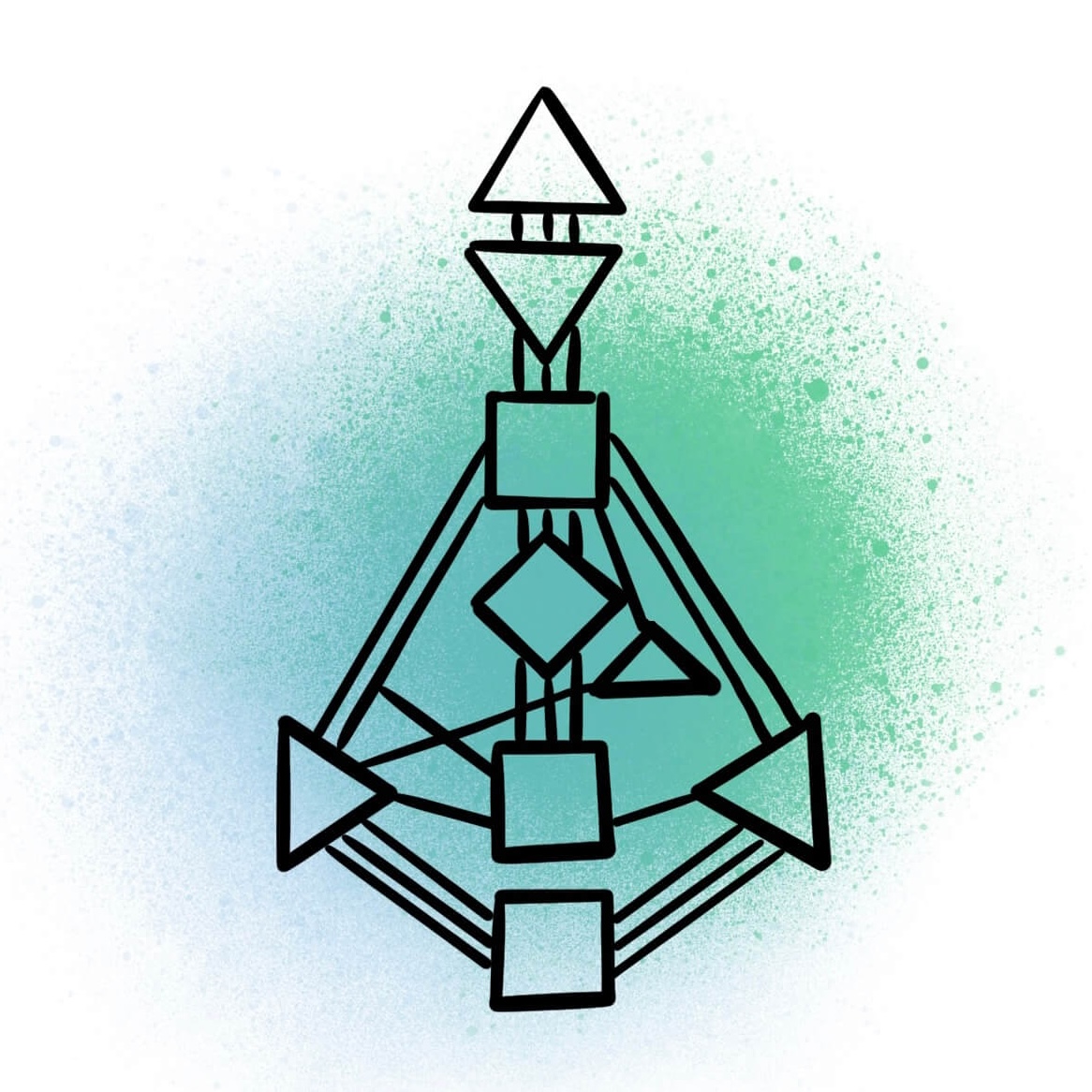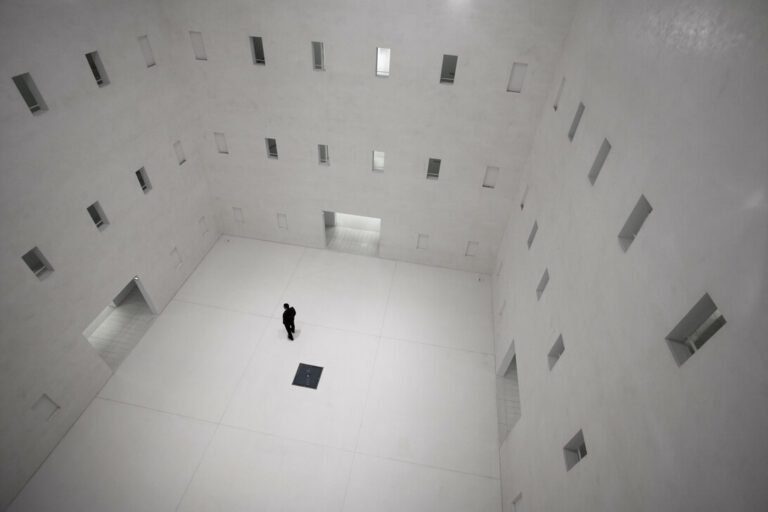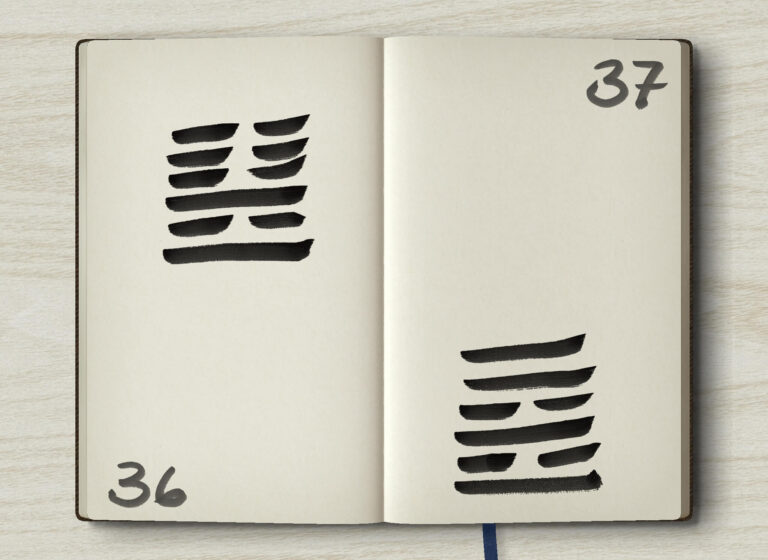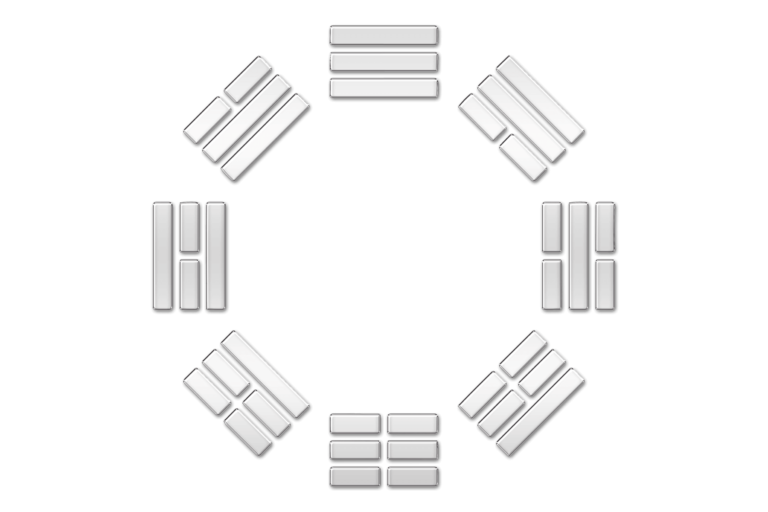Guided by the stars, informed by the I Ching, rooted in the Kabbalah, and intertwined with the chakra system, Human Design is woven from several spiritual frameworks. It aims to illuminate the depths of our individuality, while offering a roadmap for leading a more aligned and empowered life. When I discovered it, about 7 years ago, it immediately resonated with me. Now that several spiritual seekers are drawn towards getting a Human Design reading, I think it’s crucial to consider both the benefits and the pitfalls of getting them.
Benefits of a Human Design Reading
- Self-Discovery: Human Design offers a detailed and intricate analysis of an individual’s potential traits, strengths, and challenges. Exploring your Human Design can provide valuable insights into understanding your energy body on a deeper level.
- Life Strategy: The system provides information on decision-making strategies tailored to your design. Following these strategies can lead to more effective life choices.
- Relationship Dynamics: Human Design can offer insights into compatibility and interactions within relationships, helping you understand and navigate your connections with others more harmoniously.
- Empowerment: Understanding your Human Design can empower you to embrace your authentic self and act in alignment with your true nature. It encourages a sense of self-acceptance and self-love.
- Personal Growth: You get highlighted areas where you might be prone to conditioning or external influences. This can guide you toward shedding patterns that don’t serve you.

Pitfalls of a Human Design Reading
- Complexity: Human Design is a complex system that requires a significant amount of time and effort to fully understand. Misinterpretation or oversimplification will lead to inaccurate conclusions.
- Potential for Over-Identification: Relying too heavily on your Human Design might lead to over-identifying with its descriptions, potentially limiting your sense of personal agency or preventing you from exploring other aspects of your identity. This is one of the two major pitfalls. Consciousness and human potential are quantum, which means it is vaster than any permanent map. The way to overcome the pitfall is to use human design as a tool for exploring your current version of reality. This way, you allow your consciousness and potential to stretch out further than the map.
- Dependency on External Guidance: Some individuals might become overly dependent on Human Design practitioners or readings, relying on them to make even minor decisions, which could hinder independent decision-making. This is the other major pitfall. The potential lack of autonomy is not exclusive to Human Design (and as mentioned it can also enhance it), but the energy anchored around the system has a touch of old-school guru vibe to it. Avoid the pitfall by placing your authority 😆 above that of any teacher. Practice, practice, practice listening to inner resonance. And maybe not pay hundreds of dollars to guides that appear mediocre to you, just because others do.
- Subjectivity: Interpretations of Human Design can vary among practitioners. It’s important to find a reliable (read: intuitive) and knowledgeable source to ensure accurate and consistent insights.
- Confirmation Bias: People might interpret their Human Design to fit their existing beliefs or desires, potentially leading to confirmation bias and ignoring aspects that don’t align with their preconceptions.
Should You Get a Reading?
If it resonates, of course – study, explore, discover, and play with it. It can be very valuable. As long as you see it as a tool, not a religion, it can truly serve your growth.
Do I still Read Human Design?
Yes, although my natural evolution led me to resonate more with Gene Keys, I still check placements in my (or others’) Human Design map. I check placements in Human Design, because it incorporates more placements/planets than GK, and sometimes I use the zodiac because there I can find them all. As a lover of understanding the essence and building blocks of teachings, I also meditate on the 64 hexagrams of I Ching.
FAQ
What is a Human Design reading?
A Human Design reading is a personalized session that interprets your Human Design chart—based on your birth date, time, and place—to reveal your energetic blueprint. It offers insights into your decision-making style, life purpose, strengths, and challenges.
What can I expect from a Human Design reading?
You can expect to gain clarity about your energy type, strategy, authority, profile, and more. A reading may help you understand how you’re designed to interact with the world and make aligned choices in your career, relationships, and everyday life.
Is a Human Design reading worth it?
If you’re curious about your design and want a practical tool for self-discovery, a Human Design reading can be incredibly validating. Many people say it helps them trust themselves more deeply.
Do I need to know my exact birth time?
Yes, having your exact birth time is important for accuracy. Even a small time difference can change key parts of your chart, like your profile or authority.
How long does a Human Design reading take?
My Human Design readings are 1 hour, just like my intuitive coaching and tarot sessions. It’s enough time to explore the key elements of your chart—like your Type, Profile, and Authority—while also leaving space for intuitive insights and reflections. To book a session, simply send an email to post@jadenhealey.com ✨



